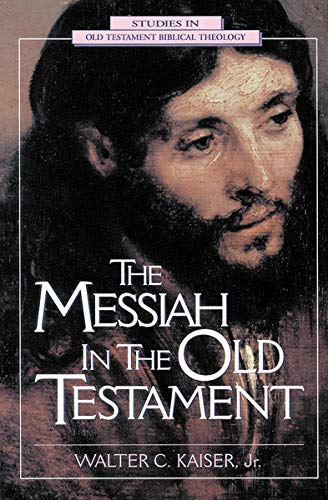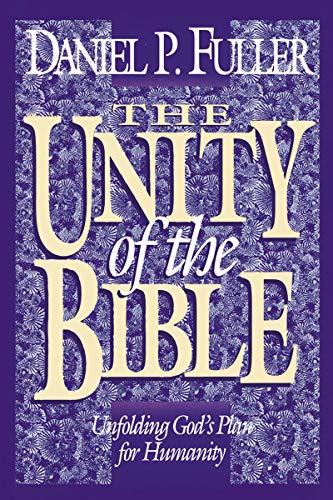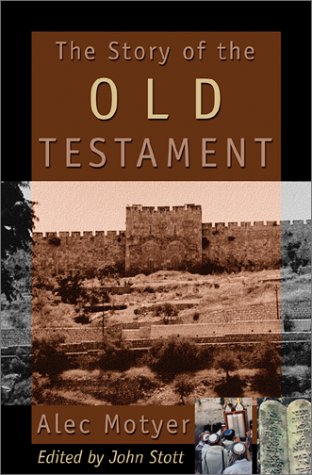Quotes about Salvation-Old_Covenant
Within the covenant structure of the Old Testament the law was an expression of the election and salvation of Israel, not a precondition for it. As a response to God’s acts of deliverance and commitment to provide for His people, obedience to His commands became an outward expression of trust in His promises. Keeping the covenant stipulations is the way God’s people demonstrate that they belong to Him, not a way to become His people.
So the Gospel is also God’s justifying word about Himself, since under the old covenant, with its symbolic sacrificial system, it appeared as if God was ignoring the sins of those who simply trusted in Him for forgiveness (Rom. 3:25). Now, in the shadow of the cross, it is possible to see that Jesus is the reason that God could justify the ungodly, like Abraham and David (cf. Rom. 4:1-8), without compromising His own integrity. When God forgave His people in the past, He do so looking forward to the cross of Christ as the basis of and revelation of that divine righteousness which makes forgiveness possible. The death of Jesus demonstrated with finality God’s “justice at the present time, so as to be just and the one who justifies those who have faith in Jesus” (Rom. 3:26).
Do you mean by that, asks someone, that the saints in the Old Testament were not forgiven? Of course I do not. They were obviously forgiven and they thanked God for the forgiveness. You cannot say for a moment that people like David and Abraham and Isaac and Jacob were not forgiven. Of course they were forgiven. But they were not forgiven because of those sacrifices that were then offered. They were forgiven because they looked to Christ. They did not see this clearly, but they believed the teaching, and they made these offerings by faith. They believed God’s Word that He was one day going to provide a sacrifice, and in faith they held to that. It was their faith in Christ that saved them, exactly as it is faith in Christ that saves now. That is the argument.
Martyn Lloyd-Jones The Cross, The Vindication of God, 1976, p. 12, by Permission of Elizabeth Catherwood.
There is perfect unity in divine revelation, and the way of salvation revealed in the Old Testament was the same as salvation after Christ’s work on the cross. Salvation was never a reward for human works; it has always been a gift of grace for repentant sinners, made possible by the work of Christ… In the Old Testament salvation was not a payoff for those who observed the law; it was a gift to those who humbly and by faith sought redemption from their sin.
The Gospel According to Jesus, © John MacArthur, 1988, p. 42. Get this book!
Old Testament saints were not saved by keeping the Law, but being broken over their inability to keep it, they came to God as penitents, hungering and thirsting for righteousness and mourning over their sin. God then mercifully and graciously forgive their sins based on what Christ would accomplish in the future by His substitutionary death. Having been saved by grace through faith, the Old Testament saints found the moral law a source of blessing and joy. They could then exult with the psalmist, “O how I love Your law! It is my meditation all the day (Psm. 119:97). The Law then became to them “more desirable than gold, yes, than much fine gold; sweeter also than honey and the drippings of the honeycomb” (Psm. 19:10). It was not their attitude toward the law that saved them; rather, salvation changed their attitude toward the Law, and they repented and in faith sought God’s gracious forgiveness.
God gave the law originally as a railroad track to guide Israel’s obedience. The engine that was supposed to pull a person along the track was God’s grace, the power of the Spirit. And the coupling between our car and the engine was faith, so that in the Old Testament, like the New Testament, salvation was by grace, through faith, along the track of obedience (or sanctification).
I Do Not Nullify the Grace of God, March 6, 1983. www.DesiringGod.org, Used by Permission.
The Old Covenant law was never given to earn salvation. God saved people back then just as He does today under the New Covenant – by faith! Even before the law we read that “Abraham believed God, and it was credited to him as righteousness” (Rom. 4:3). Therefore the Old Covenant law was given for God’s people to identify themselves as God’s people. The law was for those already saved so it may go well with them and they may know how to rightly honor God with their actions. In other words, the law didn’t save, but obedience to the law gave evidence of salvation. And when the law was violated, the whole sacrificial system was in place to make temporary atonement through blood for one’s transgression.








